Analia Capponi-Savolainen, Finland (Chair)
Katrina Pezzimenti, Australia
Mervi Sipola-Maliniemi, Finland
SUZUKI™ Voice has been specially designed to teach the voice as an instrument. Using the SUZUKI™ philosophy, vocal technique and style is developed in a progressive manner to children from an early age.
The SUZUKI™ Voice Program and repertoire, approved by the ISA, was developed by Dr. Päivi Kukkamäki, in Finland at the request of Dr. Suzuki in 1986. (see Matsumoto Suzuki Graduates and Pioneers | International Suzuki Association)
Suzuki Voice Teacher Training and Exams have been conducted in the ESA since 1998. Worldwide, there are Suzuki trained Teachers in over 20 countries within America, Australia, Europe, Africa, Asia and New Zealand.
In SUZUKI™ Voice each student is taught according to their individual needs. The program begins with simple folk songs and progresses to more challenging levels of classical songs. The repertoire consists of: Volumes 1, 2 and 3 which are internationally accepted and awaiting publication, followed by specific repertoire selections for intermediate and advanced students in Level 4 and 5.
Children learn to be relaxed natural singers – a great building block for the development of mature vocal students. Natural, silent breathing is encouraged and developed along with repertoire. Phrasing and beautiful tone are the main teaching points– not just learning songs. Memory and performance skills are established early and progress accordingly. As in other Suzuki instruments, music reading is introduced later - when the vocal skills are well established.
Specific aspects of the Suzuki Voice program
Singing every day: In addition to daily practice, children are encouraged to sing throughout the day. Singing can be a powerful method of expression for the children and often becomes part of their daily routines, games, and creativity.
Parent Education: It focuses on parent education and developing close cooperative relationships with the student’s families.
Developing the instrument: Suzuki Voice encourages the development of a natural voice and supports linguistic ability.
Specific singing exercises: these have been created as part of the program to develop tone quality and vocal skills.
Different kinds of Suzuki voice lessons: group lessons, individual singing lessons and family lessons.
Language: Lessons begin with singing in the mother tongue and different languages are introduced from the age of two (or when the child is ready).
Performance: Performing from an early age is celebrated and young children enjoy performing at different events and singing days as part of the smaller and larger voice community.
Listening: In addition to recordings of the core material, other supportive audio materials are provided. It is important to help the child and the family in their practice to generate a learning environment.
Teaching aids: Various teaching aids and props are used in Suzuki Voice to support the lesson.
Cultural awareness: Traditional children’s songs, art songs and other culturally significant songs are important in Suzuki voice, and they are added to our core material.
Concerts and events: Recitals for Volume 1, 2 and 3; more comprehensive Level 4 and 5 recitals; solo recitals; concerts; musicals or opera productions; singing days; workshops; international conferences ESA Suzuki Voice Teacher training Suzuki Voice Teacher Audition requirements
Please note - this search only finds Suzuki teachers that are interested in taking on new students. Not all ESA members are listed - some teachers have opted out.
There are currently no teachers that match this criteria
There are currently no Trainers that match this criteria
There are currently no Instructors that match this criteria
There are currently no exam results to show
Atatürk Cultural Center, Istanbul
03rd April 2026
Read more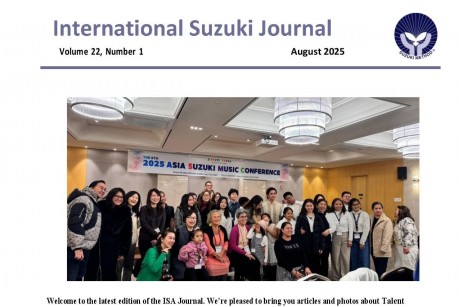
By ESA
25th August 2025
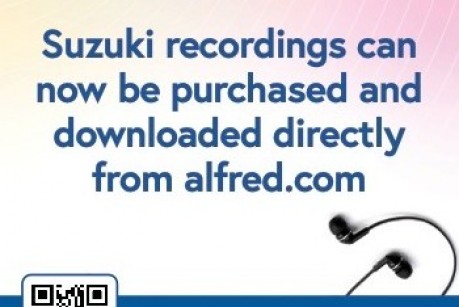
By ESA
19th May 2025
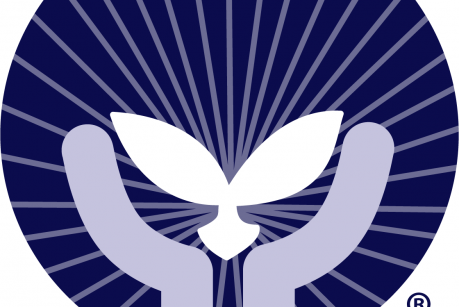
By ESA
12th September 2024

By ESA
15th July 2024

By ESA
05th July 2024

By ESA
09th February 2024
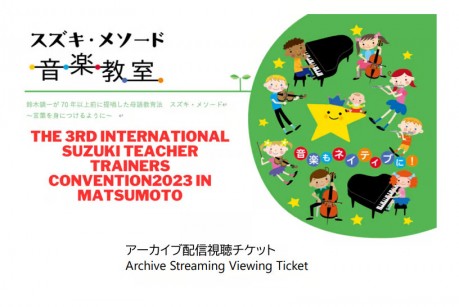
By ESA
08th February 2024
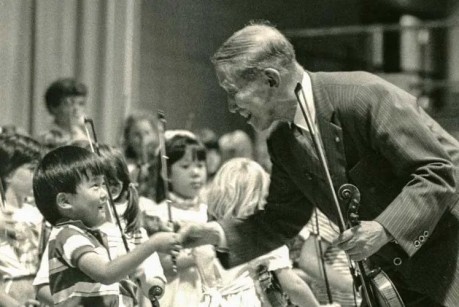
By ESA
27th October 2023
By ESA
25th April 2023

By ESA
19th August 2022
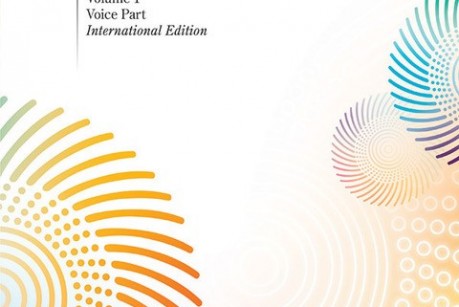
By ESA
19th August 2022
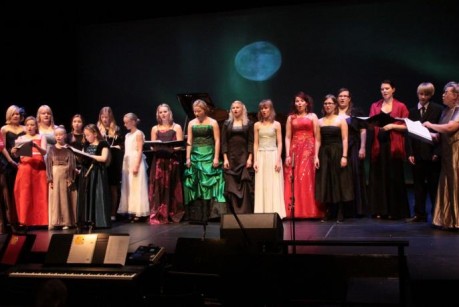
By ESA
06th December 2021
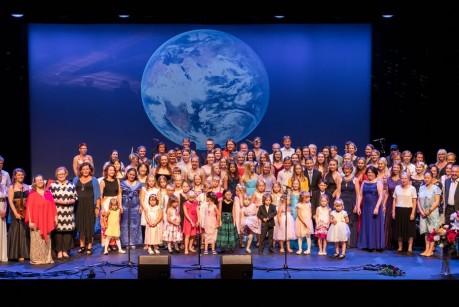
By ESA
07th June 2021
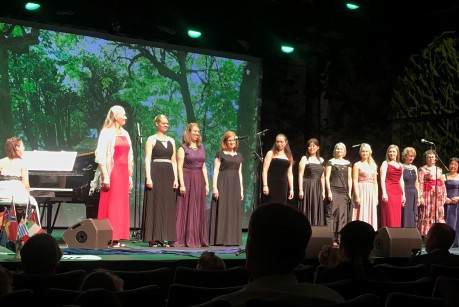
By ESA
12th January 2021
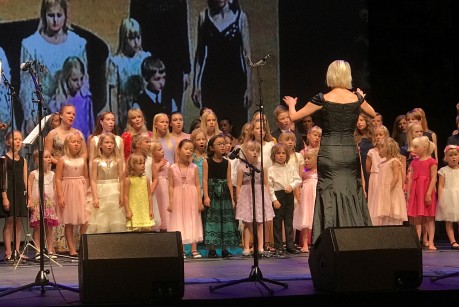
By ESA
25th October 2018
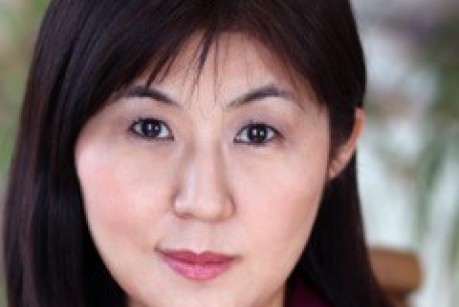
By ESA
26th June 2017
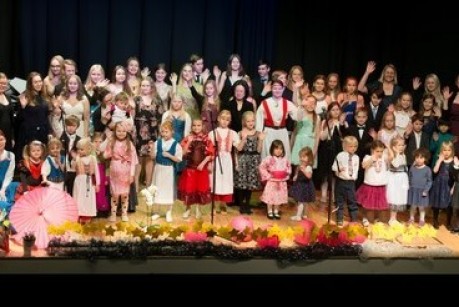
By ESA
01st February 2016